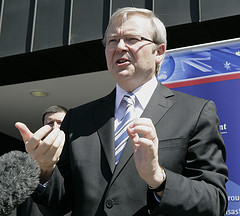
Kevenge! How Not To Choose a Political Party Leader
The revolving door at the top of the Australian Labor Party continues to spin, with ex-Foreign (and Prime) Minister, Kevin Rudd, challenging the current Prime Minister, Julia Gillard, for her job on Monday morning. Three things are notable about this challenge: its speed (Rudd formally announced his intention to stand on 24th February and the ballot will be held on the 27th); its ferocity (military metaphors like ‘mutually assured destruction’ scarcely seem overblown); and the fact that Rudd was ousted from the PM job only twenty months ago. Ms Gillard should win convincingly. Although 58% of Australians think that Rudd would make a better leader, Gillard’s parliamentary colleagues support her by a ratio of two to one. Mr Rudd’s deep unpopularity amongst …
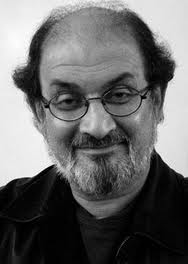
Looking back at the Salman Rushdie Affair
I have a new piece on Salman Rushdie in Current Intelligence, following up on my previous article, ‘Does Salman Rushdie Exist’, also republished on Politics in Inspires. In this new piece I discuss the “Rushdie Affair” more broadly. Below is a snippet of my longer article, the rest of which can be read over on Current Intelligence’s website. Rushdie Redux As a symbol of free expression under threat, Salman Rushdie has become a fetish for liberals, who not only consider it blasphemy to criticize this wealthy and influential author, but also require a ritual condemnation of the “fanaticism” that once put his life at risk. This despite the fact that the threat he faced lies more than twenty years …
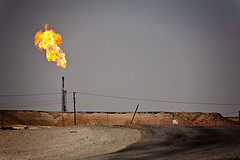
Oil wealth after the Arab Spring: A trillion-dollar catalyst for change
At the end of the 19th Century, Lord Curzon, the then British Viceroy of India, described Iran and its Arab neighbours as “pieces on a chessboard upon which is being played out a game for the domination of the world”. The geostrategic importance of the Middle East, with its immense oil wealth, has shaped the policies of colonial empires, secured the longevity of autocratic regimes and given rise to religious elites. The ‘game of chess’, as described by Lord Curzon, promises great riches and influence for the players involved, but has often come at a huge cost for the majority of the Arab people. Indeed, oil wealth, so narrowly shared between the region’s ruling minorities, has historically presented a barrier …
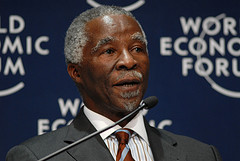
Fighting words: African leaders should be careful to call Western intervention ‘re-colonisation’
The institutions of the United Nations are slaves to the objectives of Western powers, and these powers are determined to make Africa an appendage to the West. Or so Thabo Mbeki claims. Mbeki, the former president of South Africa and the founding chairperson of the African Union, made these comments in a recent speech deploring what he termed the ‘re-colonisation’ of Africa. Mbeki went on to suggest that recent armed interventions in Africa were representative of the West’s willingness to exploit the universal principles of democracy, human rights and good governance to further their material interests. Re-colonisation is an idea that by now suffers from severe intellectual fatigue. The harshness of Mbeki’s terms of reference is reminiscent of the ramblings …
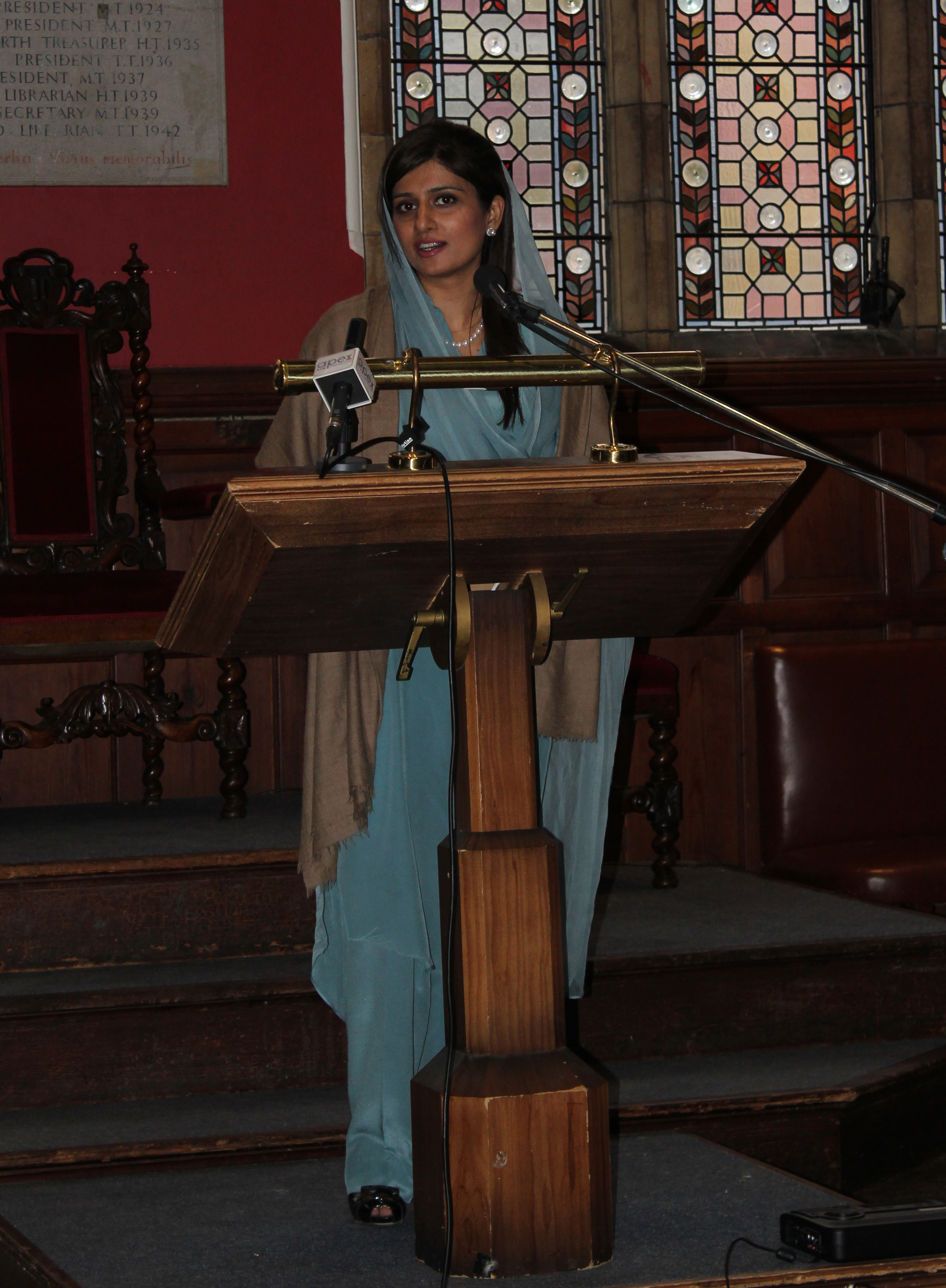
Reflections on Pakistan Foreign Minister Hina Rabbani Khar’s visit to Oxford
The Foreign Minister of Pakistan, Ms. Hina Rabbani Khar, was hosted on 20th February for a talk at the Oxford Union by the Oxford University Pakistan Society and the Oxford Union Society. As the young female foreign minister of a country embedded in popular media imagination as a haven for all sorts of retrogressive elements, Ms. Khar’s visit was bound to generate a lot of interest among the student body. And so it proved as around 200 students attended Ms. Khar’s address which was covered by Pakistan’s major media outlets. The content of Ms. Khar’s speech was quite broad and overarching wherein she not only covered her own domain of Pakistani foreign policy but also set out what she believed …

Afghanistan’s human rights gains are too precious to compromise
Compared to the Taliban era of the 1990s, Afghanistan has made impressive gains in the sphere of human rights, especially women’s rights. The Afghan constitution prohibits discrimination between citizens “whether man or woman”. Consequently, Afghan women have a visible presence in parliament, cabinet, civil administration and media. As pillars of civil society activism, they have played a crucial role in expanding female education across the country. For the moment, the Afghanistan Independent Human Rights Commission keeps the government under scrutiny and the country’s vibrant media promotes a culture of free enquiry in what is still a predominantly tribal society. What Afghanistan has been able to achieve in the middle of a war, with international help, was virtually unthinkable over a …
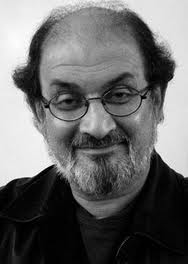
Does Salman Rushdie Exist?
The recent controversy over Salman Rushdie’s non-appearance at the Jaipur Literary Festival has been widely understood in the stereotyped terms of a threat to the freedom of expression. The belligerence of those Muslims protesting Rushdie’s presence, of course, as well as the eagerness of some Indian authorities to humour them, was entirely reprehensible. But lost in the anodyne narrative about free expression was also the controversy’s political meaning, which I will argue had little to do either with Rushdie or indeed the offended religious sentiments of certain Muslims. Instead this celebrated author has been reduced to a kind of billboard upon which almost any cause can be advertised, and it is in this purely functional guise that he is recognized …
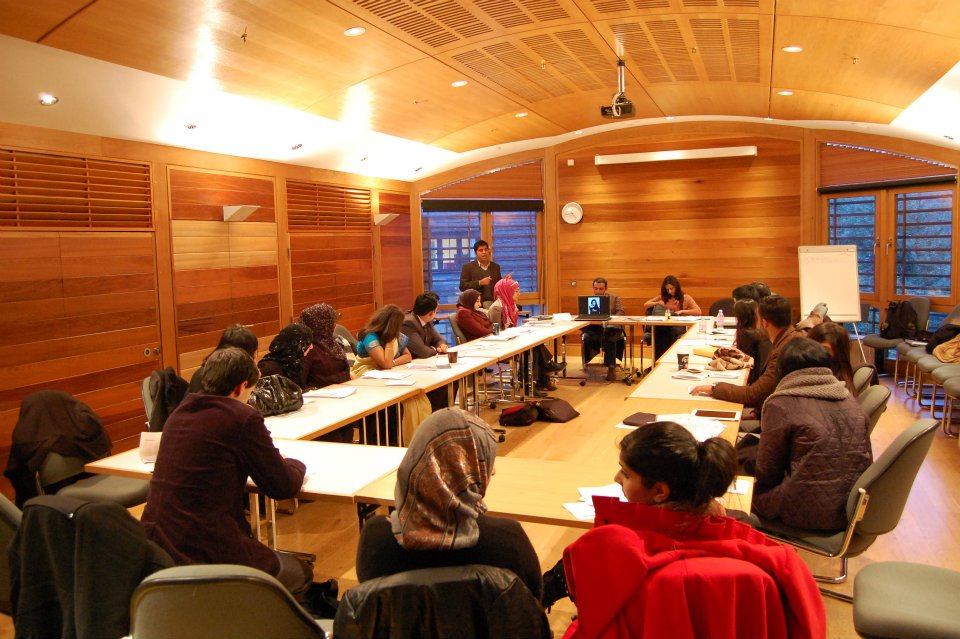
Pakistan’s future from the students’ perspective
As Ishtaiq Ahmed mentions in a recent blog post on the annual Pakistan Future Leaders’ Conference, held in Oxford earlier this month, Pakistani students in the UK have definitively shown that progressive thought is alive and well within the Pakistani community. For example, this student-driven event was unafraid to pick up sensitive issues such as the Balochistan separatist movement amply demonstrating the capacity of young Pakistanis to be fearless and independent in their thinking. Students vowed to work towards making Pakistan a progressive, truly democratic state where people of all creeds can enjoy the fruits of freedom and liberty. Dr. Ahmed, covered numerous topics in his piece; but I want to highlight a few areas in more detail. As mentioned above, …









